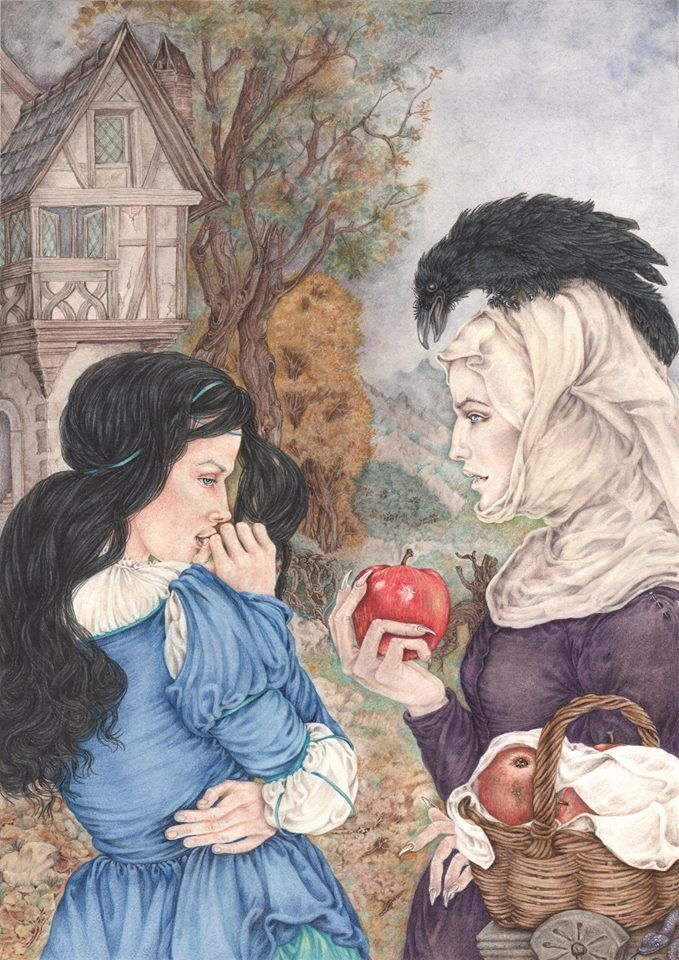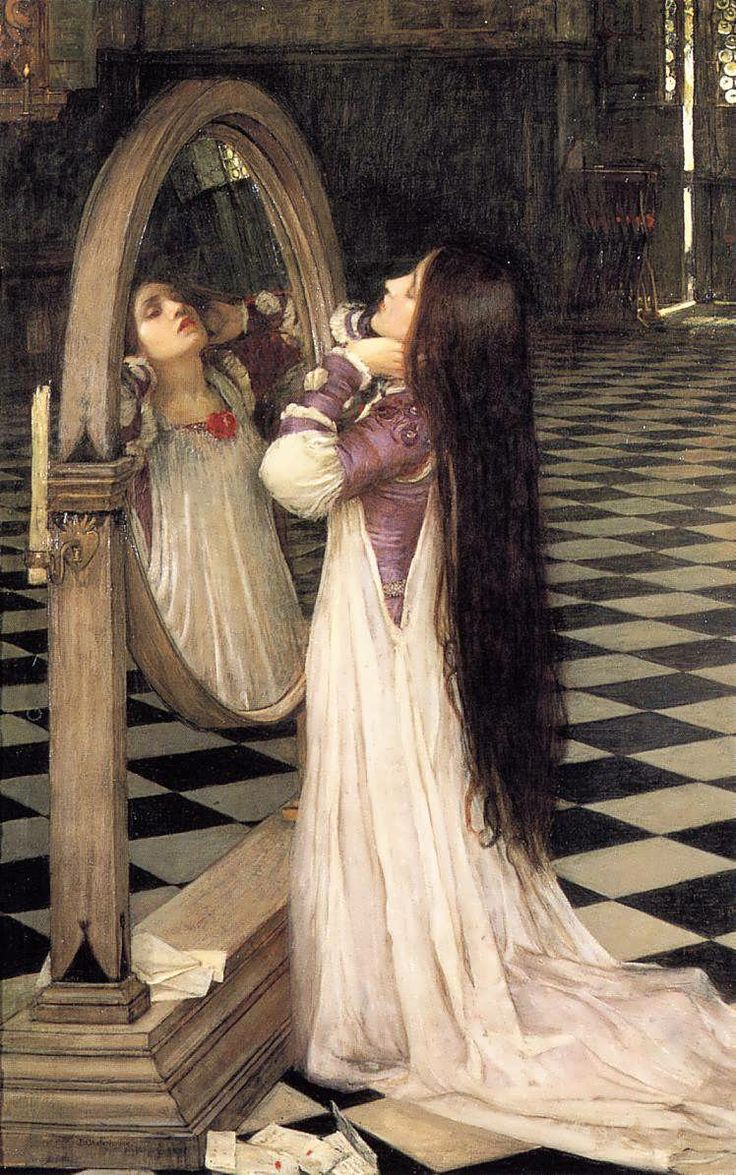Green with envy?
Last night, I watched the newly released movie Snow White and the Huntsman. I loved it! I especially liked Charlize Theron’s performance of the envious wicked Queen Ravenna. Ironically, I felt more sympathy (and empathy) for Queen Ravenna, than I felt toward Snow White. Charlize Theron truly embodied Ravenna’s pain and fear of vulnerability, insecurity, anger, sorrow, competition, jealousy (and most of all), the envy that all humans experience and feel within themselves—and toward each other. (Obviously, I am speaking from a woman’s point of view.) Still, if you’re anything like me, I like to think of myself as the innocent heroine, Snow White. In reality, I do take pride in recognizing and admitting to sometimes feeling and acting like Queen Ravenna. How about you, dear readers? Do you recognize any of those “queenly” traits within you? Unlike Queen Ravenna, reasonable people don’t physically harm or kill each other when feeling threatened. Attempts to emotionally kill one another are another matter. Our negative feelings can overwhelm us to the point of our spiritual and emotional destruction—akin to the destruction of Queen Ravenna. And I don’t think we should beat ourselves up for having these feelings. But, we do need to recognize our feelings in order to overcome them.

In previous posts, I’ve written about women’s relationships with each other, and the power that women can exercise over each other. Ethnicity, education, wealth, and other types of demographics are not necessarily causal in determining power struggles in men and women’s interpersonal relationships. In this post, I will focus specifically on the envious feelings many if not all women inevitably have toward one another in varying degrees. Again, I write from the perspective of an American woman, and my research and sources are North American based.
In 2005, I wrote an article called, “Toward a More Authentic Sisterhood: Unmasking Hidden Envy and Competition Among LDS Women” that was published in the November, 2005 issue of Sunstone Magazine. Here’s the link if you’d like to read the entire article:
https://sunstone.org/wp-content/uploads/sbi/articles/139-32-40.pdf
Below are a few of my article’s highlights:
- The most destructive byproduct when women compare themselves to each other is hidden envy and competition. These twin emotional experiences are at the core of women’s conflict with each other.
- The poison of this envy and competition spreads because women find it so difficult to acknowledge, let alone speak of, its existence.
- The terms “envy” and “jealousy” are often used interchangeable, yet they really involve two different emotions. Jealousy means to fear losing what one already has—for instance, a friend—and it usually involves three or more people. On the other hand, envy is based on wanting what another person has. Both emotions are rooted in one’s own insecurities.

Artist: John William Waterhouse
- There are varying degrees of envy; emotions that begin with admiration and emulation can denigrate to resentment, hatred, and, finally the wish to harm the envied person and/or what the envied person has. In short, envy is admiration turned rancid.
- Interestingly, enviers struggle to or never admit their envious feelings. Because humiliation and shame are associated with envy, most of us typically attempt to hide our envious feelings. Self-deception is the insidious element that accompanies envy. Envious people consistently project their own negative feelings/envy onto the person they envy. Thus, they never confront their own envy and rid themselves of it.
- Enviers mask their envy through self-pity, criticism, fault-finding, anger, gossip, hostile jokes and teasing, putdowns, slander, rivalry, martyrdom, avoidance and/or withdrawal, withholding approval, pretending not to care about the envied person and/or what they have, and evoking envy in others.
- The biggest casualty of envy is the envier’s own spirituality. Authors Ann and Barry Ulanov define envy as sinful partly because of the way its emotional roots intertwine with the sin of coveting. Envy causes a person to feel demeaned by another’s good fortune. In order to protect him/herself, the envier wants to belittle the envied or what the envied has.
- Envy looks closely for evil in another person and finds satisfaction when any fault is found. If evil cannot be found, envy often drives the envier to conjure up or pretend that evil exists in the envied’s heart anyway.
- According to authors Luise Eichenbaum and Suzie Orbach, when we feel isolated, undervalued, ignored, or passed-over, feelings of competition erupt and represent a fight for selfhood. Sadly, many of us feel that in forging our identities, we must compete with other women. We often compete to be respected and admired, have a nicer home, have better behaved or more accomplished children, in our appearance, etc.
- At one time or another, all of us struggle with feelings of inadequacy and self-doubt. But many of us don’t know how to gain confidence in our own capabilities, so we hide these emotions, and our feelings of inadequacy become shameful and humiliating to us. Combined with fear, these emotions can easily transform into the opposite feeling: I can do better than you.
- Our denial of the existence of competitive and envious feelings perpetuates the problem. Many women might deny that envy enters into their friendships. But realistically, what one of us would say to another, “I’m envious that you have a nicer house (or whatever) than I have, so I’m going to compete with you in other ways to show you that I am just as successful, if not more so, than you?” Who wouldn’t hide such feelings?
- Surely, admitting our own vulnerability to these emotions is a crucial step in the healing process.

Please note: I do not mean to foster contention nor to denigrate women or men in writing about this issue. On the contrary, I hope to enhance our sisterhood and/or community by shining a spotlight on this significant but often unspoken issue. Let’s face it: Envy hides in the dark. And that is precisely how it gains its power. In my next post, I’ll discuss ways we can heal ourselves of envious and competitive feelings. Again, we’re not “bad” or “wicked” because of our humanness. But if we strive to emulate Snow White and feel less like Queen Ravenna, our first step toward replicating Snow White’s genuineness and integrity is in our own recognition and thus admittance to these potential feelings.
(Note: The title “The Snow White Syndrome” is taken from Betsy Cohen’s book by the same name. I also use Cohen’s definition of envy in my article and in this post. For further information on the authors Orbach, Eisenbaum, and the Ulanovs, see my article footnotes.)
Here’s to being “un-queenly,”
Julie

